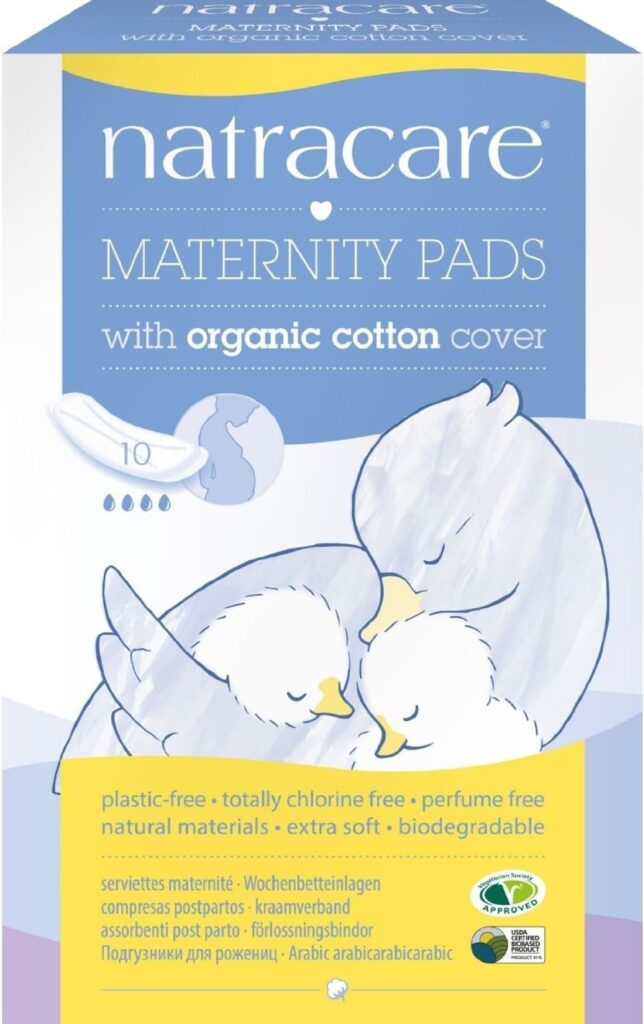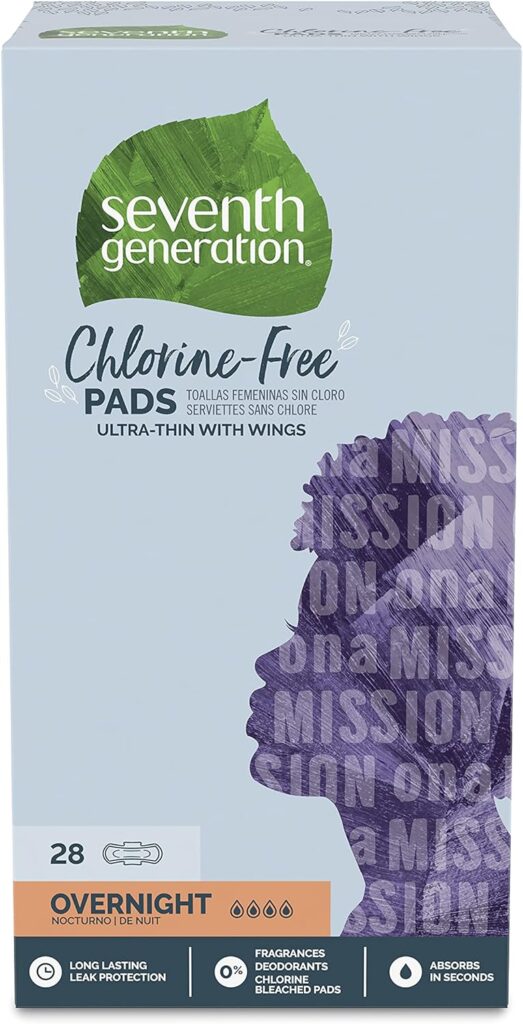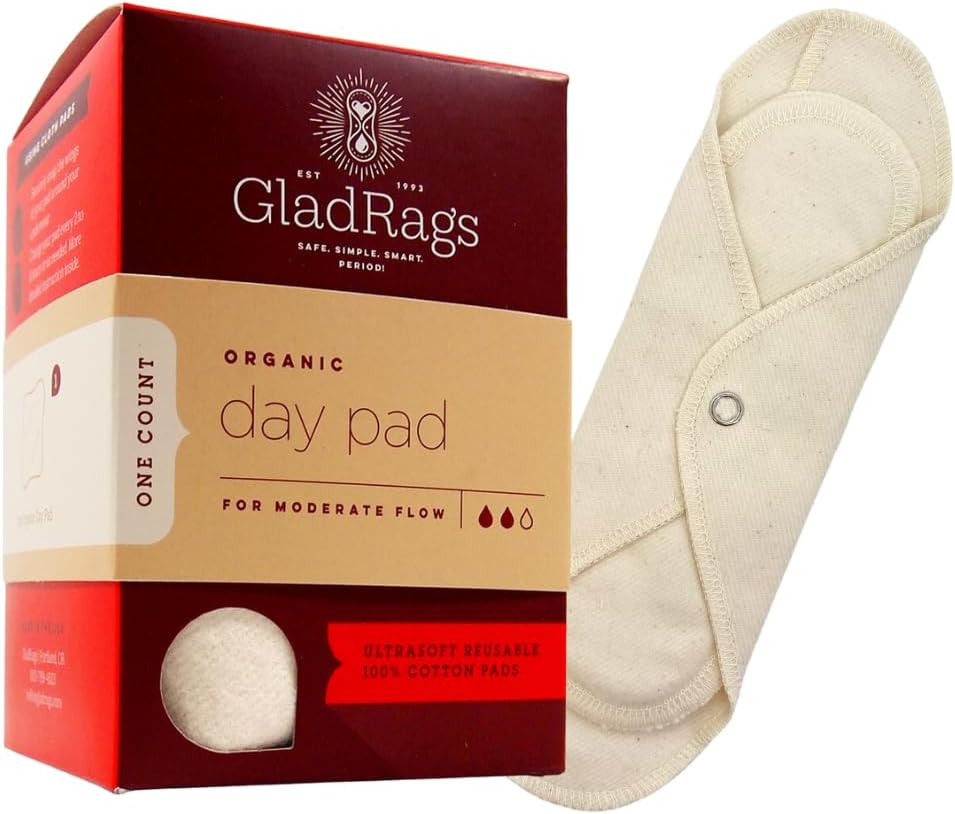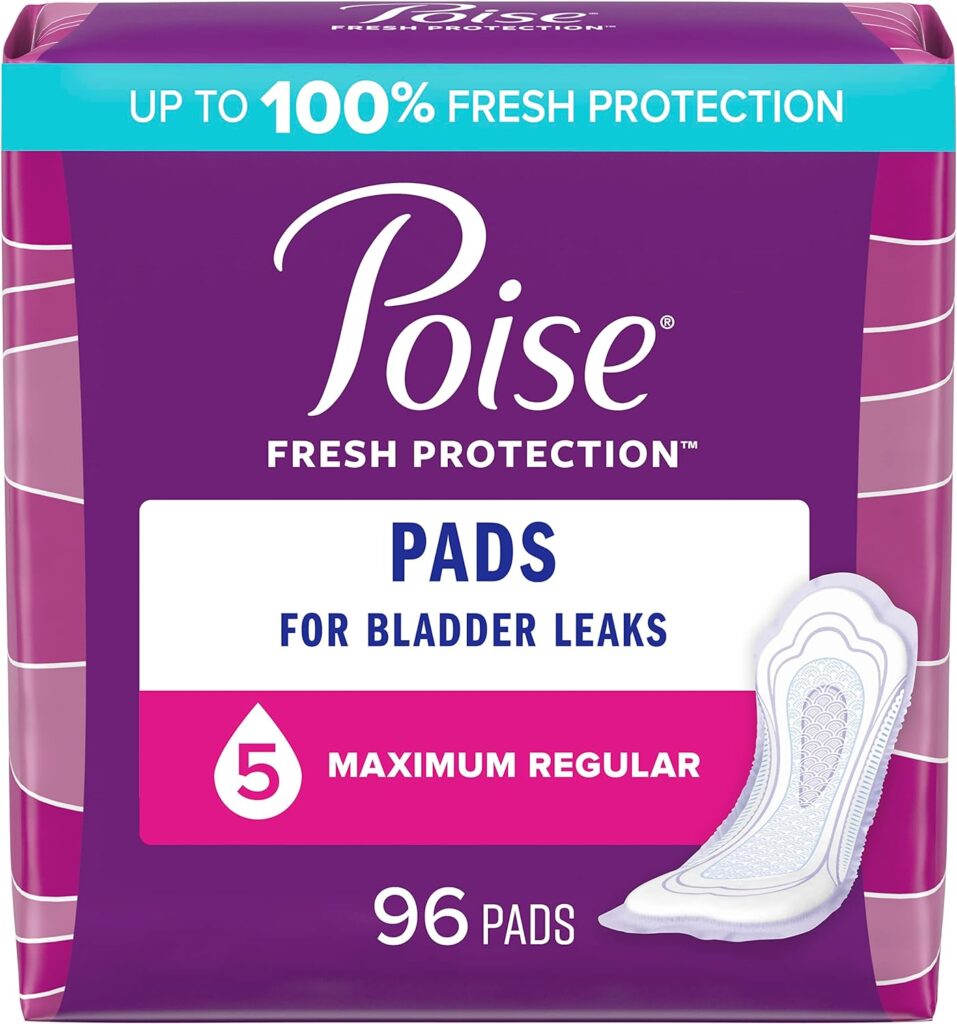Regardless of the type of delivery you experienced, equipping yourself with quality postpartum pads is essential for the recovery period following childbirth.
The natural process your body undergoes to shed the surplus blood and uterine lining results in a discharge called lochia, which typically continues for up to six weeks post-delivery.
To manage this, a reliable stock of absorbent maxi-pads, often designed specifically for postpartum use, will be a key part of your care.
Here’s a guide to selecting the most suitable options tailored for new mothers.
Best Choices for Postpartum Pads

Top Choice for Heavy Postpartum Bleeding – Always Discreet
During the initial week after childbirth, it’s common to experience significant bleeding.
For superior comfort and leak protection, Always Discreet underwear is highly recommended.
These single-use undergarments come with a dual leak barrier and a quick-absorbing core, ensuring you are safeguarded day and night.
Unlike bulkier incontinence products, they offer impressive coverage without the added bulk.
Many mothers prefer switching to these discreet adult diapers over conventional pads following delivery for their exceptional protection.
Best for Overnight Protection – U by Kotex Security Maxi Overnight Pads
In the postpartum period, overnight bleeding can be a concern, and you need a pad that can stand up to the challenge.
U by Kotex Security Maxi Overnight Pads are designed for heavy flow and provide up to 10 hours of protection.
Their unique Xpress-DRI core offers rapid absorption, keeping you dry and comfortable all night long.
With a quilted design for added comfort and wings to ensure the pad stays in place, these pads are a dependable choice for uninterrupted sleep.
Best Option If You Have Stitches – Frida Mom
If you’re healing from stitches post-delivery, Frida Mom’s Instant Ice Maxi Pads offer a soothing touch to your recovery process.
These pads come with an integrated cold pack that remains chilled for as long as twenty minutes, providing not only comfort but also excellent leakage protection.
They’re designed to accommodate up to 260g of fluid and deliver significant coverage with extra cushioning for those tender areas, making your postpartum healing journey a bit easier.
Most Comfortable for Sensitive Skin – Seventh Generation Chlorine-Free Maxi Pads
If you have sensitive skin, the Seventh Generation Chlorine-Free Maxi Pads are an excellent choice.
Made from hypoallergenic and fragrance-free materials, these pads reduce the risk of irritation.
They are also free from dyes and chlorine bleaching, providing a natural and gentle option for those with delicate skin.
With a no-slip adhesive and a soft, cloth-like cover, these pads offer both comfort and security during your recovery.
Optimal Pads for Post-Delivery Recovery – Honey Pot Variety
If you’re on the mend following a vaginal delivery, consider the soothing touch of Honey Pot’s herbal pads.
Their cotton is impeccably pure, and they’re suffused with calming botanicals like mint, lavender, and aloe to alleviate discomfort while ensuring high absorbency.
These all-natural pads make for a gentle choice during your postpartum healing process.
Top Choice for Eco-Conscious Mothers – Natracare’s Organic Maternity Pads

You’ll appreciate how Natracare’s organic maternity pads prioritize both your comfort and the planet.
Crafted from sustainable materials, these pads are free from plastics, chlorine, and perfumes, ensuring a gentle touch for sensitive skin.
Their exceptional absorption and comfortably snug fit provide reliable protection during your postpartum recovery.
Rest assured, as you care for your little one, Natracare offers a tender, eco-friendly embrace for you.
Top Reusable Option – GladRags Organic Cotton Postpartum Pads
For those looking for a sustainable and cost-effective option, GladRags Organic Cotton Postpartum Pads are a great choice.
These reusable pads are made from soft, absorbent organic cotton and can be washed and used multiple times.
They come in a variety of sizes and have a unique three-part design that allows you to customize the absorbency as needed.
Not only are they eco-friendly, but they also provide the comfort and protection you need during postpartum recovery.
Best for Discreet Protection – Poise Incontinence Pads, Ultimate Absorbency
Poise Incontinence Pads with Ultimate Absorbency offer a discreet and effective solution for managing postpartum flow.
Designed specifically for bladder leaks, they are equally capable of handling lochia with their super absorbent core and leak-block sides.
The ContourFit design ensures they stay in place and mold to your body, providing comfort without bulkiness.
Despite being incredibly thin, they offer strong protection, giving you confidence and peace of mind as you recover.
FAQ’s
During the initial post-birth weeks, the frequency at which you’ll need to change pads is quite high—normally every 1-2 hours.
As the days advance, this interval can stretch to every 3-4 hours. Taking into account the duration of postpartum recovery, which generally spans about six weeks, you’ll be changing your pad approximately 6-12 times in a day.
To be well-prepared before giving birth, purchasing around 250 pads is a common approach.
However, it’s prudent to remember that preferences for comfort and absorbency can change, and the need for different types of pads arises as the intensity of postpartum bleeding changes.
Moreover, many hospitals provide a starter set of pads for your immediate postpartum needs, which can ease the initial demand.
Postpartum Use of Tampons or Menstrual Cups
After you’ve given birth, it’s important for your body to heal properly. During this time, it’s recommended to steer clear of inserting tampons or menstrual cups.
The first six weeks postpartum are crucial for recovery, and any vaginal insertions could significantly raise the risk of infection.
Instead, embracing the use of maternity pads is a safe way to manage postpartum bleeding.






